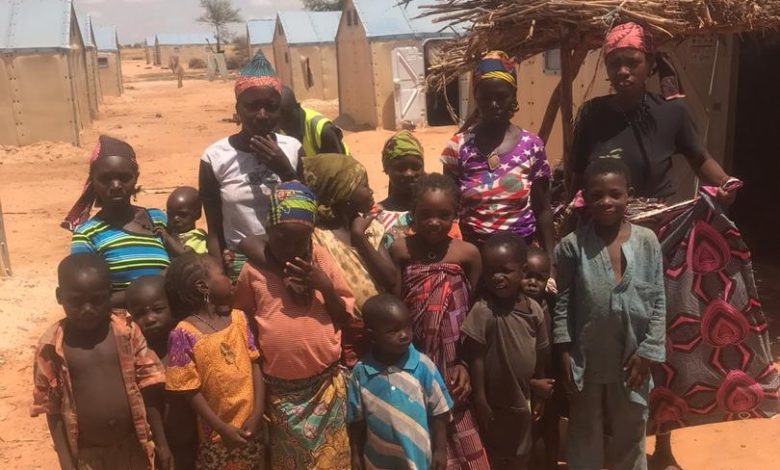Security Challenges Deepening Inequalities in Northern Nigeria – Report

A report released by the Centre for Democracy and Development (CDD) on September 15, 2020, concludes that challenges of insecurity in northern Nigeria deepens the existing structural inequalities in the region.
The report, tagged Speed Note and titled: Escalating Violence in Northern Nigeria, says different forms of terrorism in the northern part of the country left many people dead and thousands of others displaced.
“According to the UN on August 13, 2020, approximately 10.6 million Nigerians need humanitarian assistance in the northeast due to insecurity, representing up to 50% increase in the number of people in need compared to 2019,” the report adds.
“Essentially, 4 out of 5 of the 13 million people in Adamawa, Borno and Yobe state will need assistance.
“The continuous violent attacks by Boko Haram militants in many villages is the leading cause of the rising number of people that require assistance and the pandemic has further compounded this.
“Many farmers and their families had to flee their homes. For example, in Katsina State, at least 33,130, are now in displacement camps, and others have migrated to urban areas”
According to the report, more than 1,100 people were killed due to inter-communal, religious and terrorist attacks in the northwest and the north-central of Nigeria between January and August 2020.
The report adds that the violent activities of Boko Haram led to the death of over 37,500 people and displacing more than 2.5 million others.
“In June and August, the terrorists invaded numerous communities in Borno State, killing scores of farmers and herders and rustling hundreds of their domestic animals,” the report says.
The nonprofit gave special emphasis to the Southern Kaduna of northern Nigeria where there is the recent upsurge in violence and terror attacks.
CDD has recorded 83 cases of attack in 2020 in which 511 people were killed. According to the report, 11 coordinated attacks on Chikun, Kaura and Zangon-Kataf killed 100 people.
“Violent conflict in southern Kaduna is longstanding and has taken different dimensions over the years.
“The tension between various ethnic and cultural groups have made the region more susceptible to violent conflict.
“Also, the socio-political aspect of the conflict, where citizens have felt marginalised in terms of education, employment and political appointments have increased the tensions,” the report says.
According to the CDD, the attacks persisted because the government uses a simplistic approach to the conflict that has complex and multiple dimensions.
The ungoverned rural areas are also at higher risk of the attacks. Lack of sufficient police and military officers to counter the security challenges are posing a greater threat to the people in those areas.
“There is approximately only one police officer to 666 Nigerian and a total of 301,737 police officers in the country.
“The military base with about 6000 officers and 150,000 soldiers is also grossly understaffed.”
Support Our Journalism
There are millions of ordinary people affected by conflict in Africa whose stories are missing in the mainstream media. HumAngle is determined to tell those challenging and under-reported stories, hoping that the people impacted by these conflicts will find the safety and security they deserve.
To ensure that we continue to provide public service coverage, we have a small favour to ask you. We want you to be part of our journalistic endeavour by contributing a token to us.
Your donation will further promote a robust, free, and independent media.
Donate HereStay Closer To The Stories That Matter




